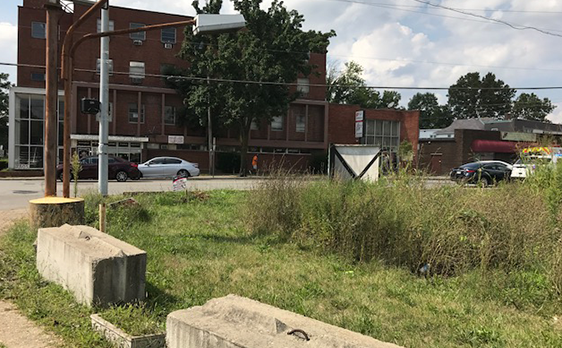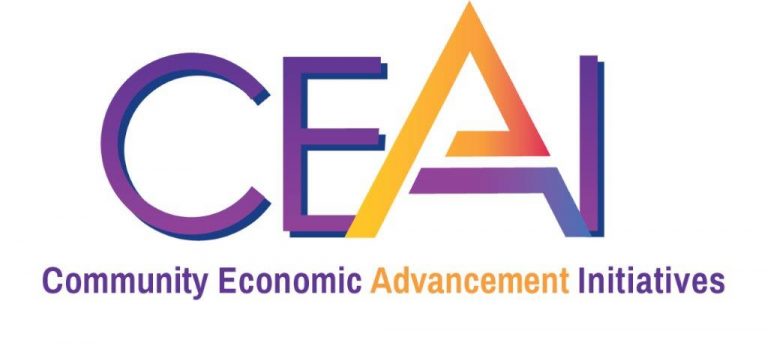ASSET BASED COMMUNITY DEVELOPMENT

Asset Based Community Development (ABCD) is a strategy for sustainable community- driven development. Beyond the mobilization of a community, ABCD is concerned with how to link micro-assets to the macro-environment. The appeal of ABCD lies in its premise that communities can drive the development process themselves by identifying and mobilizing existing, but often unrecognized assets, and thereby responding to and creating local economic opportunity.
Five Key Assets in ABCD
Communities can no longer be thought of as complex masses of needs and problems, but rather diverse and potent webs of gifts and assets. Each community has a unique set of skills and capacities to channel for community development. ABCD categorizes asset inventories into five groups:
- Individuals: At the center of ABCD are residents of the community that have gifts and skills. Everyone has assets and gifts. Individual gifts and assets need to be recognized and identified. In community development, you cannot do anything with people’s needs, only their assets. Deficits or needs are only useful to institutions.
- Associations: Small informal groups of people, such as clubs, working with a common interest as volunteers are called associations in ABCD and are critical to community mobilization. They don’t control anything; they are just coming together around a common interest by their individual choice.
According to a 2008 Annual Report by the President’s Advisory Council, financial literacy is defined as “the ability to use knowledge and skills to manage financial resources effectively for a lifetime of financial well-being.”

